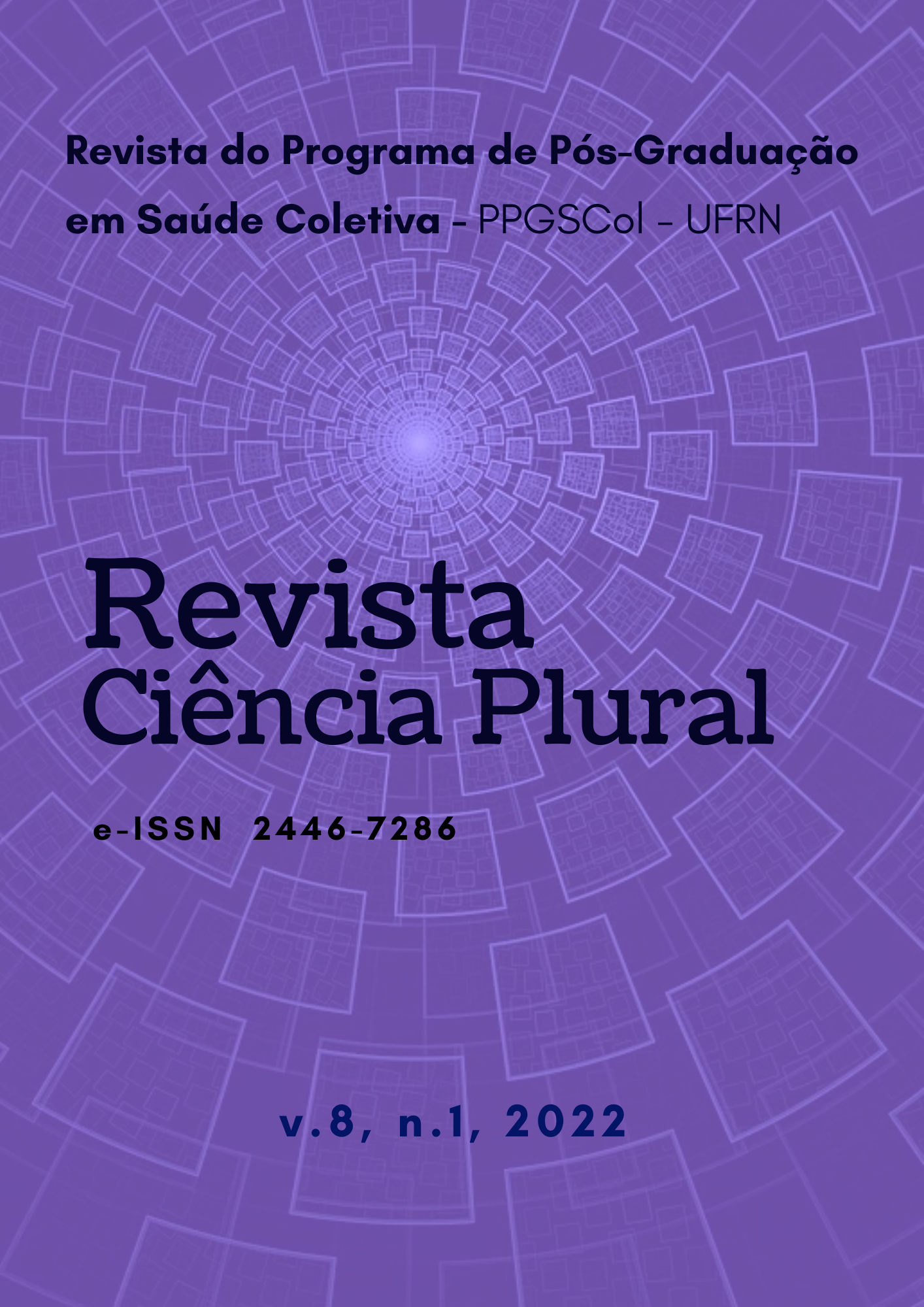ACCESS OF THE POPULATION TO MEDICINES DURING THE PANDEMIC OF THE NEW CORONAVIRUS
DOI:
https://doi.org/10.21680/2446-7286.2022v8n1ID25630Abstract
Introduction: In 2020 the World Health Organization declared the new coronavirus pandemic. Research on the subject was scarce, including on treatment measures. In view of this scenario, several studies began to be carried out in search of an effective therapy for the clinical management of patients. Chloroquine and Hydroxychloroquine (“therapeutic promises”) were the first drugs tested. The disclosure of the initial results for the tests carried out increased the demand for these drugs in pharmacies and drugstores, in addition to the dissemination of their use for the prevention and treatment of COVID-19. Objective: To evaluate the population's access to medicines in the pandemic and the use of "therapeutic promises" (Chloroquine, HCQ and Ivermectin), for the prevention and treatment of COVID-19. Methodology: This is an exploratory descriptive study of quantitative, non-probabilistic and convenience approach, whose data collection was performed online via the Google Forms platform. 1,754 people participated, but only 1,748 of these participants were able to participate, according to the inclusion criteria used. The answers to the valid questionnaires were exported to a spreadsheet of the Microsoft Excel software version 2019 MSO for data storage. The sample was distributed in 3 groups, according to question no. 11 "Have you had COVID-19?", to facilitate the disposal of the data. Results: Of the 1,748 participants eligible to participate, 200 (11.4%) belonged to the group that "had COVD-19", 1,041 (59.6%) to the group that did not have the disease, and 507 (29%) answered not knowing if they were infected. Regarding access to medicines in the pandemic, 55.2% of the total sample reported not having access affected, and 29% said they had access affected in some way. Regarding the use of "therapeutic promises" as prevention, more than half of the sample (61%) it did not use it to prevent infection by the new coronavirus, already for treatment, 52.6% did not use it, and 46.2 made the use of the drugs mentioned to treat COVID-19. Conclusions: The explosion in the search for drugs in the pandemic did not affect the access of the population. And the drugs that gained connotation of importance were not widely used to prevent the disease, but as for treatment the use was widespread among the participants.
Downloads
Downloads
Published
How to Cite
Issue
Section
License
À Revista Ciência Plural ficam reservados os direitos autorais referente a todos os artigos publicados.

 Português (Brasil)
Português (Brasil) English
English Español (España)
Español (España)













